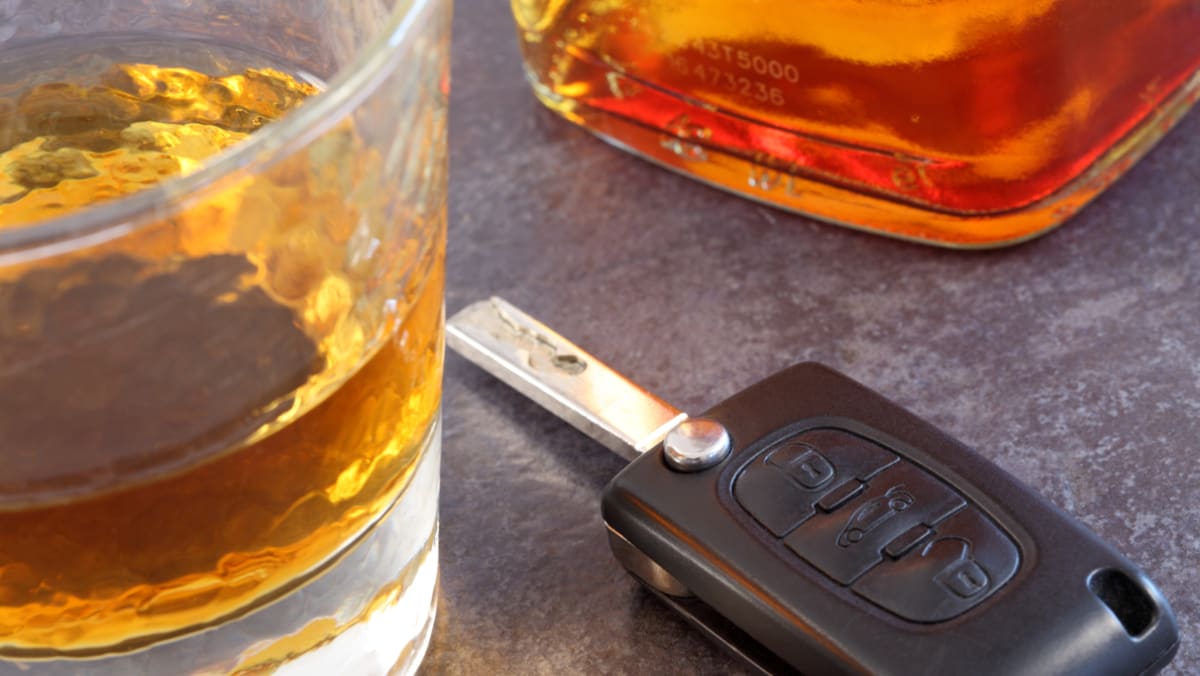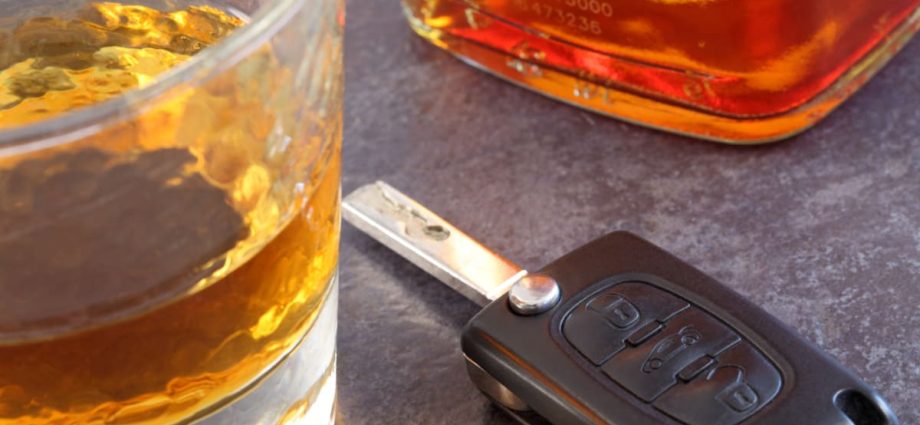
SINGAPORE: A man accused of drink driving claimed trial to the charge, saying that a breath test he failed was affected by his undiagnosed gastroesophageal reflux disease (GERD).
Shawn Tan Kok Liang, 42, was found guilty of drink driving and sentenced to five weeks’ jail, a fine of S$7,000 and a driving ban for five years.
GERD occurs when acidic stomach fluids flow back into the oesophagus.
In a judgment made available on Thursday (Jul 20), District Judge Luke Tan noted that no appeal had been filed, but said that he was giving his full grounds of decision as both sides had asked for it and “interesting issues” had arisen in the case.
Tan was stopped for suspected drink driving at about 1.45am on Dec 16, 2019 at a police roadblock along Nicoll Highway.
He had gone to a family KTV at Bugis Cube to celebrate a birthday earlier that night, and consumed at least five glasses of Hennessy brandy before leaving at about 1.30am.
An officer conducted a breath analysing device test on Tan, which he failed. He was arrested and escorted to traffic police headquarters where he was examined and found fit to be in police custody for six hours.
Four other tests were conducted on Tan at the headquarters, but the first three tests were unsuccessful. The final test, conducted at about 3.22am, indicated that Tan’s breath alcohol level was 54 microgrammes per 100ml of breath.
This was above the prescribed limit of 35 microgrammes per 100ml of breath.
This was not Tan’s first drink driving offence – he had been convicted of a similar offence in 2009. He was fined S$2,000 and banned from driving for 12 months for this.
Tan was represented by Mr Wong Siew Hong and Mr Kuek Kai Liang from Eldan Law. The defence acknowledged that Tan had consumed alcohol before driving his vehicle that day.
However, they claimed that the last breath test did not correctly reflect Tan’s alcohol level at the time that he was driving.
This was due to the reflux of alcohol from his stomach around the time of the last breath test, which arose from his undiagnosed condition of GERD.
This condition had caused “a false elevation of his breath alcohol level by at least 19 microgrammes per 100ml of breath”, the lawyers argued.
They called a specialist gastroenterologist from Gleneagles Hospital, Dr Gwee Kok Ann, to testify on the issue.
Dr Gwee said there was a 90 per cent chance that Tan was experiencing an active GERD episode when the last breath test was administered.
This was because he had been drinking alcohol, it was late at night where the stomach emptying function is the slowest, and Tan already had a state of “slow gastric emptying”.
Judge Tan said that the defence had to prove several things: First, that the accused suffered from GERD at the time of the offence.
Second, that he had an episode of reflux immediately before or at the time of the last breath test.
Third, that the amount of alcohol that was “refluxed out” from the stomach accounted for all 19 microgrammes of alcohol above the prescribed limit.
Judge Tan found that the defence had not proven most of these things. He said Tan’s condition of GERD at the time of the offence was at most “mild”. This was agreed by both the prosecution’s and defence’s experts.
There was also no evidence of the accused suffering from any symptom of GERD at the time of the breath test. He did not tell any officer he was feeling unwell or was unable to take the test, even though he had been told by a nurse to inform her if he was unwell.
Even though Dr Gwee had given a “guesstimate” that Tan had a 90 per cent chance of having acid reflux at the time of the test, this did not seem to co-relate to the evidence produced, said Judge Tan.
The prosecution’s expert had said there was no literature supporting the premise that gastric emptying depended on the time of day. In fact, while gastric function would slow when a person was sleeping, this was not the situation with Tan, who was wide awake at the time.
“Finally, and for completeness, I note that ultimately, Dr Gwee himself conceded that he could not say whether the accused was having a reflux at the time of the test,” said the judge.
The machine used for the test also did not register any mouth alcohol at the time the last test was administered on Tan.
The judge concluded that it was unlikely that Tan was having an active reflux episode at the time of the test.
On top of his previous drink driving conviction, Tan had a conviction for inconsiderate driving before that, for which he was fined S$700.
He also paid a compounded fine in 2009 for failure to wear a seat belt.
In mitigation, the defence said no harm was caused to people or property, nor was there any speeding or dangerous driving.
The judge referred to past cases when calibrating the sentence, including that of Simon Tham Saik Mun, who also claimed trial to his drink driving charge.
He had claimed that his breathalyser test reading was affected by Bonjela oral gel that he had been applying to treat ulcers in his mouth.
Tham was sentenced to three weeks’ jail, a fine of S$6,000 and a four-year driving ban on Feb 7.

